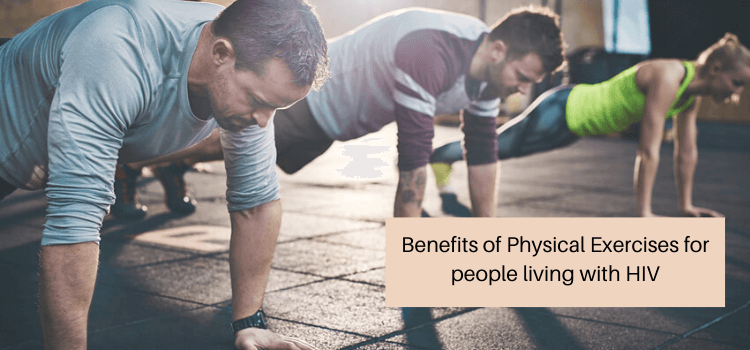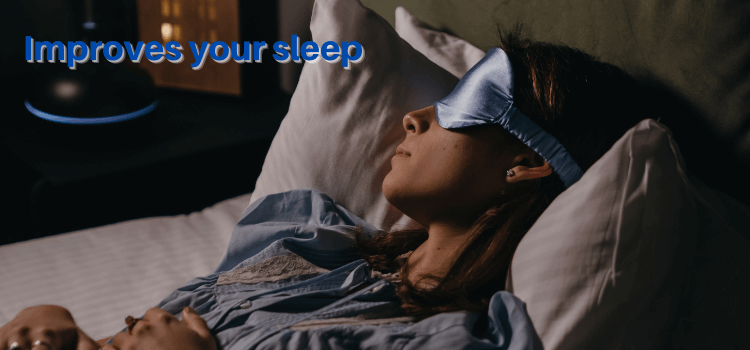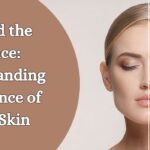If you are an HIV patient, you must have tried different strategies to stay healthy. Most people with HIV focus on a healthy, forgetting that a healthy diet includes exercise. If you’re HIV positive, incorporate healthy food and regular exercise, and you’ll have a healthy and longer life.

Try working out for at least 150 minutes a week. To stay more robust and healthier, do both aerobics, strength-building and flexibility exercises.
When you do this, you’ll see a tremendous improvement in your health in a few weeks or months. You must be asking yourself how physical exercise can improve your health. Worry less. Below are some of the benefits of physical exercise if you live with common STD diseses like HIV.
Improves your heart health
Exercise is one of the ways of reducing the risk of heart disease as it helps keep the arteries flexible, meaning good blood flow and maintenance of blood pressure. For those with HIV, their chances of getting heart disease are even high.
To reduce the risk, ensure you do regular exercise. You can walk, swim, bike, or do any activity that can raise your heart rate.
- It may boost your immune system.
The primary effect of HIV is the weakening of the immune system leading to the deterioration of your health. According to the health line, exercise can boost your immunity by increasing the circulation o immune cells in your body to detect future infections, thus preparing for them.
- Decreases your risks of chronic conditions
People living with HIV are prone to chronic conditions like coughing, breathlessness, and COPD because of their weak immunity. Exercising helps in boosting the immune system. Therefore, exercise can help you reduce the risk of developing chronic conditions associated with HIV.
- It boosts your appetite.
Eating is a challenging issue for those with HIV, contrary to what is required of them. Because to boost their already weakened immunity, they need a variety of food to stay healthy and prevent other infections.
If you are experiencing this challenge, consider exercise. Exercise will stimulate your appetite and make you hungry, and you are likely to eat and give the body the much-needed nutrients.
- Help build muscle mass.
When growing old, people lose muscle mass, whether HIV positive or not, which weakens their bodies. If you are HIV positive, consider a regular muscle-building exercise because, unlike those without HIV, retaining your muscle mass can be a challenge.
A stronger muscle mass helps you stay healthy and stronger to perform your daily activities.
- It helps build bone density.
Like muscle mass, your body tends to lose bone density. The rate is even high in people with HIV, which puts them at risk of developing osteoporosis, which weakens bones, making them fracture. Some HIV medication can also worsen this condition.
Regular exercise can help you build your bone density, make your bones more robust, and reduce the risk of osteoporosis.
- Improves your sleep

For good health and well-being, one should have a night of adequate sleep. Having a good sleep can change your life positively as it has many benefits. Some of the benefits of good sleep are:
- Helps fight off infections
- Helps maintain a weight that reduces the risks of developing heart disease and diabetes.
- Improves mood and relieves stress
Exercise can help you have a better night’s sleep.
Reduces fatigue
HIV can make you feel fatigued, discouraging you from exercising. But did you know that exercise can reduce fatigue? It might be hard to start, but it’s worth trying.
You can live an everyday and healthy life even when HIV positive. To improve your immune system and reduce the risks of infections, have regular exercise.






Leave a Reply